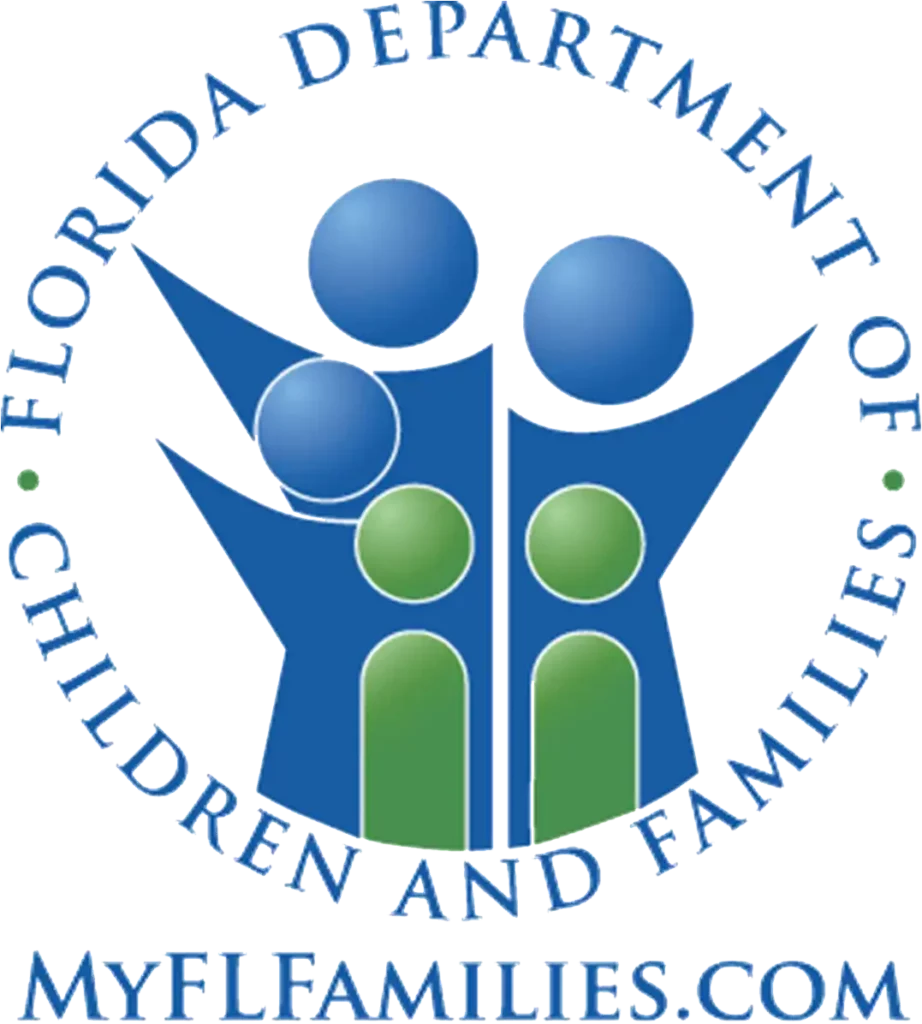Is Alcoholism Genetic?
This entry was posted in Alcohol Abuse and tagged am I an alcoholic, is alcoholism genetic on August 28, 2023 by Justin Baksh, MS, LMHC, MCAP, Chief Clinical Officer.

Choosing the right drug rehab centre is a critical step on the path to recovery. The quality and type of treatment provided can significantly impact one’s ability to overcome substance abuse and stay clean for the long haul. With countless options available, it can be overwhelming to navigate through different programs and facilities while attempting to make a life-changing decision.
Am I an Alcoholic?: Diagnosing Alcoholism
The medical diagnosis of AUD is essential to provide proper care and support to individuals struggling with alcohol-related issues.
Definition and Criteria for Alcohol Use Disorder
According to the American Psychiatric Association’s Diagnostic and Statistical Manual of Mental Disorders (DSM-5), Alcohol Use Disorder can be defined as “a problematic pattern of alcohol use leading to clinically significant impairment or distress.” To be diagnosed with AUD, an individual must exhibit at least two of the following 11 criteria within a 12-month period:
- Alcohol is often consumed in larger amounts or over a longer period than was intended.
- There is a persistent desire or unsuccessful efforts to cut down or control alcohol use.
- A great deal of time is spent in activities necessary to obtain alcohol, use alcohol, or recover from its effects.
- Craving, or a strong desire or urge to use alcohol.
- Recurrent alcohol use resulting in a failure to fulfill major role obligations at work, school, or home.
- Continued alcohol use, despite having persistent or recurrent social or interpersonal problems caused or exacerbated by the effects of alcohol.
- Important social, occupational, or recreational activities are given up or reduced because of alcohol use.
- Recurrent alcohol use in situations where it is physically hazardous.
- Alcohol use continues despite knowledge of having a persistent or recurrent physical or psychological problems that are likely caused by alcohol.
- Tolerance – a need for markedly increased amounts of alcohol to achieve the desired effect or diminished effect with continued use of the same amount of alcohol.
- Withdrawal – symptoms that occur when alcohol is not consumed after a period of heavy use, or alcohol is taken to relieve or avoid withdrawal symptoms.
The severity of AUD can be classified as mild, moderate, or severe based on the number of criteria met, according to the following scale:
- Mild AUD: Two to Three Criteria are Met
- Moderate: Four to Five
- Severe: Six or more
Alcoholism Statistics
Alcoholism is a significant public health issue globally. In 2021, the global prevalence of alcohol use disorders (AUD) was estimated to be around 5.3% for men and 1.3% for women. This translates to approximately 107 million people with AUD worldwide, according to the World Health Organization (WHO).
Understanding the Causes of Alcoholism
Understanding the causes of alcoholism is essential for several reasons.
First, identifying contributing factors can help individuals assess their personal risk for developing an addiction to alcohol. This can allow them to make informed choices about their alcohol consumption and minimize potential harm.
Secondly, understanding the causes can aid in the development of targeted prevention and treatment programs. Different individuals may be more susceptible to alcoholism due to a range of biopsychosocial factors. By recognizing these potential triggers or risk factors, health professionals and policymakers can implement focused interventions to help deter the onset of alcohol-related problems.
Finally, awareness about the complexity of alcoholism helps break down stigmas surrounding addiction. Recognizing that there are many contributing factors (including genetic predisposition) can encourage empathy and understanding for those struggling with alcohol related issues.
Genetic Factors in Alcoholism
Genetic factors have also emerged as critical contributors to this debilitating condition. Research into the role of genetic factors in alcoholism has focusing on studies involving families, twins, and adopted children, identifying genes associated with alcohol consumption and examining the interplay between genetic predisposition and environmental influences.
Studies on Families, Twins, and Adopted Children
Research involving families, twins, and adopted children has been instrumental in understanding the genetic basis of alcoholism. By studying correlations within families, researchers can identify patterns indicative of a potential genetic predisposition towards alcohol abuse.
Adoption studies provide crucial information about the impact of genetics on alcoholism. By comparing the prevalence of alcohol abuse among adopted individuals and their biological parents with that of their adoptive parents, researchers can tease apart the effects of shared environments from those attributable to genetic factors.
Twin studies offer another useful method for evaluating genetic influences on alcoholism. In these investigations, researchers compare the concordance rates for alcohol dependence between monozygotic (identical) and dizygotic (fraternal) twins. Higher concordance rates among monozygotic twins would indicate a strong genetic component to the disorder.
Overall, these studies have consistently demonstrated that genetics play a considerable role in influencing an individual’s susceptibility to alcohol dependence. Estimates are the up to half of all alcoholism is attributed to genetics.
Identified Genes and Their Role in Alcohol Consumption
Through advancements in molecular genetics research, several genes have been identified as contributing factors to an individual’s proclivity for alcohol abuse. While there is no single “alcoholism gene,” research has implicated various genes involved in metabolism (e.g., ADH and ALDH), neurotransmission (e.g., GABRA2), and stress response mechanisms (e.g., CRHR1).
For example, individuals with certain variations of the ALDH2 gene, commonly found in East Asian populations, experience a “flushing” effect after consuming alcohol due to the accumulation of toxic acetaldehyde. This unpleasant reaction can discourage excessive alcohol intake and reduce the risk for alcoholism.
Genetic Predisposition vs Environmental Influences
While genetic factors are indisputably implicated in alcoholism, environmental factors cannot be overlooked. Peer pressure, social norms, family dynamics, and individual experiences can all significantly impact a person’s risk of developing an alcohol use disorder.
It is also important to acknowledge that genetic predisposition does not guarantee an outcome. An individual with a family history of alcoholism may never develop an addiction due to their environment and personal choices.
Conversely, someone without a family history can become dependent on alcohol when exposed to risk factors in their environment. Understanding that both genetics and environment play a role in the development of alcohol dependence fosters empathy and promotes education towards prevention strategies.
The Nature vs. Nurture Debate
The age-old debate of nature vs. nurture has long been a topic of interest, particularly when it comes to chronic diseases such as alcoholism. Is addiction primarily influenced by our DNA or our environment? As we gain more insight into the complex interplay between genetic and environmental factors, we find that striking a balance is key for overcoming alcoholism.
Can Genetic Predisposition be Overcome?
- Traditional Approaches (Alcoholics Anonymous) Alcoholics Anonymous (AA) is a well-known support group that follows a 12-step program to help recovering alcoholics achieve and maintain sobriety. AA emphasizes the role of spirituality and personal transformation in recovery, suggesting that overcoming alcoholism does not solely rely on one’s genetic makeup. Many people with a family history of alcohol abuse have found success with AA, demonstrating that genetic predisposition can be overcome with enough determination and support.
- Modern Approaches (Cognitive Behavioral Therapy) CBT is a widely researched and highly effective approach that targets thinking patterns and behaviours that may be causing or perpetuating emotional distress, in order to promote lasting sobriety. CBT acknowledges the importance of both genetic and environmental factors in alcoholism but argues that encouraging clients to develop new coping strategies can help them overcome their predispositions. CBT has been effective for many recovering alcoholics, providing further evidence that individuals are not destined to succumb to their genetics. CBT should be provided in a treatment center environment that addresses all aspects of a patient’s lifestyle.
Balancing Genetic and Environmental Factors
To truly overcome alcoholism, it is essential to understand the interplay between nature and nurture – both genetic factors and life experiences contribute to our susceptibility to addiction. While some people might have a stronger genetic predisposition to alcoholism, environmental factors such as stress, trauma, and peer pressure can trigger or exacerbate the disease.
Effective interventions must address both aspects of alcoholism. Family history and genetic testing can inform clients and clinicians about potential genetic risk factors. Meanwhile, therapeutic approaches such as AA or CBT can help individuals develop healthy coping techniques, build resilience and ultimately maintain sobriety. By addressing both nature and nurture components, individuals are better equipped to overcome their genetic predispositions and lead a healthy life free from addiction.
Alcoholism is a multifaceted issue that profoundly impacts the lives of individuals, their families, and communities. A greater understanding of the underlying causes, including the role of genetics in addiction, is vital to promoting better prevention and treatment efforts. By increasing awareness and fostering empathy for individuals struggling with alcoholism, we can work together to break the cycle of addiction and encourage healthier lifestyles.










